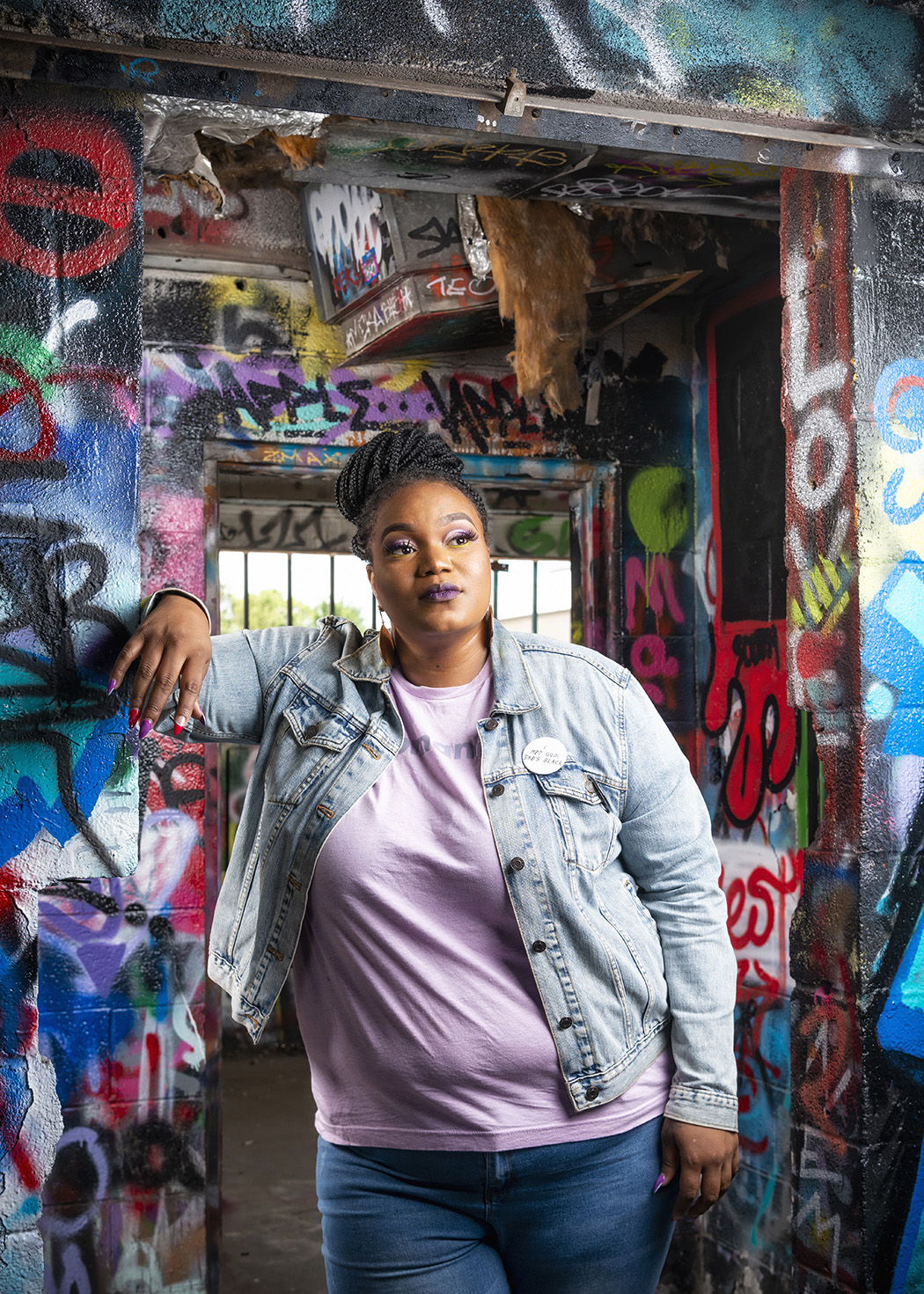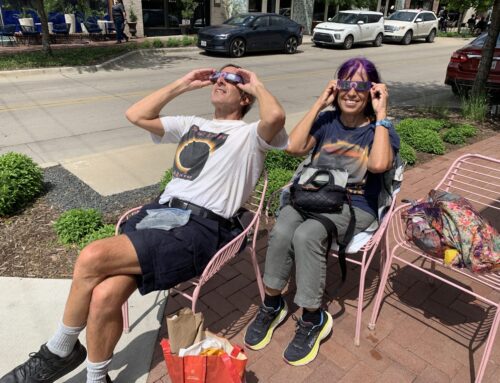White worked her way up from volunteer to decarceration campaign manager for Live Free, a nonprofit with the goal of ending mass incarceration in the United States. She joined that cause after serving five years in an Alabama prison for drug trafficking. “We have a caricature of who criminals are in this country, and we use that to deny the formerly incarcerated of very basic human rights like housing, a job with a livable wage and healthcare,” she says. She noticed that advocacy around the formerly incarcerated focused on men, and women were often left out of the conversation. She found her calling in advocating for current and former prisoners. “What appears to have broken you can actually just be a pathway to your destiny,” she says.
Originally from Dayton, Ohio, her family moved to Dallas in 1997, and she graduated from Townview High School. After college, she started working at Verizon Wireless in the Buckhead neighborhood of Atlanta, and in 2009, she was arrested on a marijuana trafficking charge in Alabama. Her parents, who both have master’s degrees, encouraged her to take a plea deal, but she went to trial and lost. Upon her release in 2014, she returned to Dallas and started working as a volunteer organizer.
She’s a member of Concord Church, and she says she’s “your favorite playlist deejay. I’m taller than most of the men I meet in Dallas. I was raised around a lot of boys, and I exemplify who you can be if you have a lot of faith, and you continue to persevere.” She wants everyone to know that she’s the best spades player you’ll ever know. And she’s currently working on a campaign to require health inspections at county jails in 10 jurisdictions around the country.
On Location
After home and work, her “third place” in the neighborhood is her parents’ house“They are my most trusted advisors. I’m their youngest child and only daughter, so I experience a lot of love and spoiling there. My family is also super close knit, so it’s where we convene as a larger family as well.”
On Landmarks
Her favorite image of Oak Cliff is the skyline view from her home...…or, the view from on top of Prayer Mountain descending across Joe Pool Lake.
On Accomplishments
Her proudest career accomplishment so far:“I am proud of my trajectory from volunteer to national manager. I had an opportunity to talk to six presidential candidates about their criminal justice platforms during the course of this current election, along with other formerly incarcerated people from across the country. Not bad for a girl from Dayton, Ohio.”
On Challenges
The challenges of her career:“The most challenging thing in my career is when my personal network is affected by the issues I am working on. My work includes focusing on reducing and eliminating mass incarceration and dignified solutions to gun violence. When people I know and love are incarcerated, shot and killed, it is extremely disheartening.”
On Misconceptions
Misconceptions about her job:“People mischaracterize the work I do as a community organizer as “activism.” Activism is about amplifying one’s own voice in a public way to trigger change. Community organizing entails building collective power to change the way decisions get made about our lives. It is heavily focused on building collective power and collective interest to accomplish dignity for all.”
On Hiring
What she looks for in employees:“Resilience and self-motivation. This industry is heavily reliant on being able to do very hard systemic work that can involve working day-to-day in experience that reminds you of personal trauma. There is so much work to do that one has to have the motivation to pace and manage themselves and their intended impact.”
On Character
Besides work, what she’s most proud of:“One reason I experienced incarceration is that character was not as important to me as success. I had to experience a number of life-altering situations that caused me to develop and revere character in the valley of life. Now I am an active architect in building out my character as a strong, resilient, unapologetic black woman. That itself is a beautiful thing.”
On Legacy
How she would like to be remembered:“As someone who stayed authentic and gave all the glory in her life to the Most High.”






